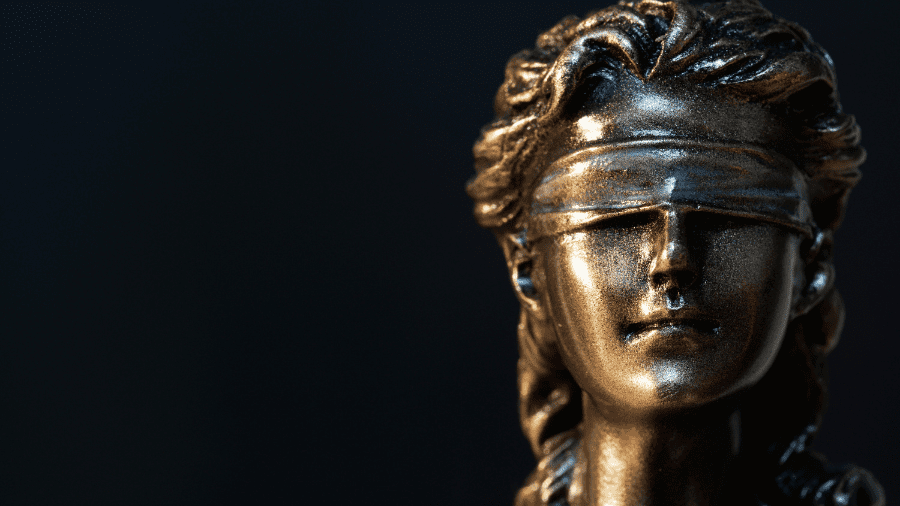This article originally appeared in the National Post.
By Bruce Pardy, May 4, 2023
It was a full sweep. On Monday, establishment candidates defeated a slate of reformers to win all 45 lawyer and paralegal seats on the board of the Ontario Law Society. Four years earlier, the reformers won 22 seats, just enough to repeal a “Statement of Principles” (SOP) policy that required lawyers to acknowledge an obligation to promote the values of equity, diversity and inclusion (EDI) in their professional and personal lives. This time the reformers had promised to jettison the rest of the Law Society’s extensive EDI agenda, as well as bring in budget discipline and a focus on the regulator’s core mission. But two-thirds of voters turned them down. The rebellion has been vanquished. Long live the equity revolution!
Toronto lawyer Gerald Chan, the top vote-getter in the election, told the Globe and Mail that the profession had “resoundingly rejected” the reformers’ opposition to EDI policies. Atrisha Lewis, a partner at Bay Street firm McCarthy Tétrault, elected to her second term, told the Law Times that the vote was “a recognition of the important role that the law society has to play in addressing and advancing equity.” These are not unreasonable takes. As Barack Obama once said, elections have consequences.
But not everyone comprehends the implications. “Equity” is not equality of treatment under the law. “Diversity” is not diversity of opinion. “Inclusion” is not inclusion of everyone. Instead, these are code words for reverse discrimination.
According to a recent decision of the Ontario Human Rights Tribunal, white people cannot claim discrimination. Government and university jobs and benefits are now reserved for specific “equity-seeking” racial or gender groups. Children of black professional parents living in Toronto’s upscale Rosedale neighbourhood are to be regarded as systemically disadvantaged, while white children growing up in economically deprived circumstances are beneficiaries of “white privilege”. These are principles of equity in action.
Throughout the campaign, establishment candidates disavowed the statement of principles, promising not to bring it back. But they did not disavow the rest of the equity agenda already approved by the board in 2016. To start, the substance of the SOP is to be incorporated into the Rules of Professional Conduct and an “Inclusion Index” will rate firms on their racial and gender makeup. Now that reform has been quelled, the program can proceed.
After the election, Will McDowell, a Toronto litigator and one of the elected benchers, told the Globe that the reformers campaigned on a make-believe culture war. “It’s nice to see that the Trump playbook hasn’t worked this time. You invent a culture war, you claim that the other group are the establishment, and the elites are going to control what you think.
In fact, this “culture war” has been going on within Canadian institutions for a long time. Equity revolutionaries have waged it in a familiar pattern: First, infiltrate cultural and political institutions with “progressive” people and ideology. Second, threaten the status of those in power, inducing them to embrace your cause to save themselves. Third, delegitimize your remaining opponents by framing them as uncivil, hateful and unfit. Fourth, pretend that no revolution is happening by accusing your opponents of imagining a culture war. Finally, outlaw your opposition as undemocratic.
The Law Society of Ontario is a textbook case. Yes, the ideology that equal treatment is oppressive, and that Canada is systemically racist, slowly infiltrated most law schools and then the legal profession. Yes, out of self-preservation, establishment lawyers and big firms began to spout this rhetoric, too. Their corporate and public sector clients came to insist upon it. Many now behave as though they believe it. The activists and the establishment have coalesced.
Yes, in this bencher election establishment candidates had no campaign platform to speak of, other than to disparage the slate of reformers as uncivil and “unfit to govern”. They were “right-wing rage-baiters,” wrote one of the establishment’s boosters. Yes, the reformers were accused of inventing a culture war. As McDowell put it: “It’s straight out of the U.S.; pick your gubernatorial race or the current presidential race.”
And yes, the establishment has pledged to pursue changes to election rules to disqualify slates in the future. They aim to prevent rank-and-file reformers with common cause from getting a foot inside the law society door.
Many Canadians have come to distrust the equity agenda. They detest the bullying, moral righteousness and intolerance. They abhor the racism disguised as anti-racism. They fear the EDI commissars. They dissent in whispers behind closed doors. Lawyers are the last line of defence for the persecuted. Clients on the carpet for wrongthink or unjustly treated by EDI measures need counsel to protect them. But they may have to settle for lawyers who themselves have already succumbed.
Bruce Pardy is executive director of Rights Probe, professor of law at Queen’s University, a member of the Law Society of Ontario, and part of the FullStop team.





